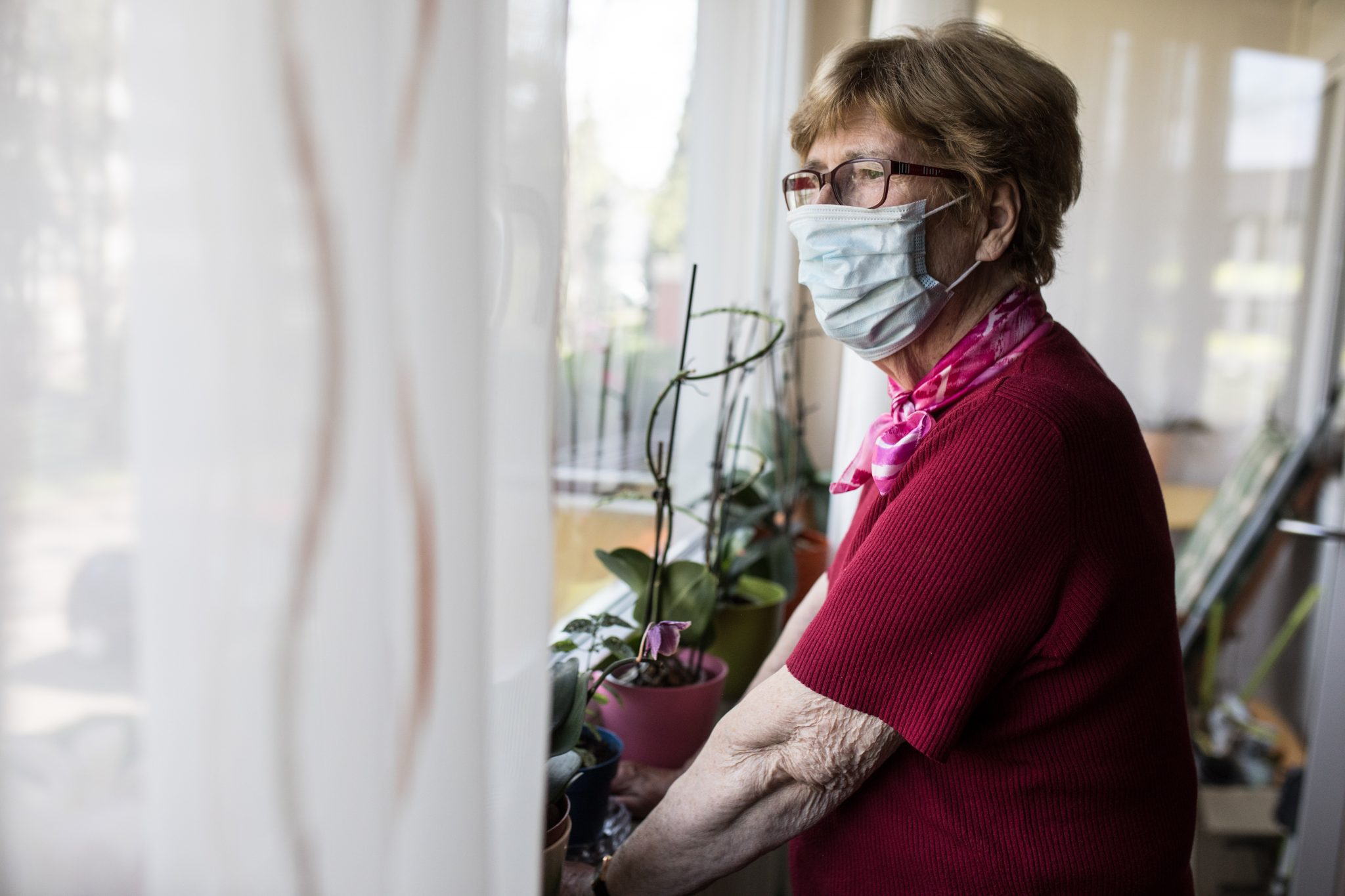- WE’RE HERE TO HELP 24/7
- 800.586.5555
Should Florida Nursing Homes be Immune to COVID-19 Liability Claims?

Is a Property Owner Liable for Injuries Caused by Defects They Didn’t Know About?
July 17, 2020
Questions You Should Ask Your Potential Personal Injury Attorney (Slide Deck)
July 18, 2020Should Florida Nursing Homes be Immune to COVID-19 Liability Claims?

Recently some nursing home interest groups have been lobbying to get immunity from negligence lawsuits related to COVID-19 cases in their Florida facilities. This move isn’t entirely unexpected given the dire straits nursing homes have found themselves in since the coronavirus pandemic began.
Recent numbers from July 8, 2020 count 2,489 residents – or 1.75 percent of all those currently living in Florida long-term care facilities – who have tested positive for COVID-19. The statistics, compiled by Florida Health’s official Florida COVID-19 Response Team, have identified 4,342 staff members who have also tested positive for COVID-19; just over 2.3 percent of all long-term care workers in the state.
Those resident figures represent people who are still living in their long-term care facilities. More than 3,170 Florida long-term care residents have been transferred out of their facilities to be treated and recover elsewhere.
If you have a loved one in any Florida facility you can see exactly how many resident and staff cases have been reported at their facility here. You can also find long-term care COVID-19 death data here.
Many Florida long-term care facilities currently have zero cases. Many others have had only two or three past cases that have already been transferred out. The vast majority of long-term care homes have no COVID-19 deaths attributed to their facilities.
However, there are still quite a few Florida retirement homes that currently have dozens of active cases in their communities.
How Did This Happen?
Weren’t long-term care and nursing facilities supposed to be on high alert and implementing strict guidelines to protect residents and staff from COVID-19? This question lies at the heart of potential liability claims against retirement homes.
When a highly contagious airborne illness like COVID-19 is introduced into a close-knit community, like a retirement home where residents spend most of their time indoors and in close proximity, spread is inevitable. It’s possible for COVID-19 to infect many residents even if every precaution was taken.
However, spread is much more likely when protective measures are lax or even non-existent. It would not be improper to categorize a failure to maintain a safe, clean environment during a pandemic as a form of negligence.
If a business owner acts negligently – including those who operate long-term care facilities – and a person is injured or dies due to that negligence, families should be able to hold the negligent party liable.
Telling families, long-term care residents and their advocates that negligent facilities can’t be held accountable is understandably unpopular.
Many outbreaks will occur in good facilities that took the necessary safety measures but just got unlucky, but they will also occur in facilities that were negligent. Letting both the good and the bad off the hook means some families will be deprived of justified compensation, which could potentially embolden negligent facilities that escape repercussions.
What Would be Categorized as Negligent Care During COVID-19?
There are some parallels to be found between nursing home negligent cases and medical malpractice cases.
Poor patient outcomes don’t necessarily justify medical malpractice settlements. Plaintiffs must prove their doctor failed to provide the appropriate standard of care. If a doctor or surgeon provided the appropriate care and a patient still passes away, the doctor or surgeon usually can’t be held liable.
A similar standard could apply to COVID-19 cases in nursing homes.
If the nursing home did everything they were supposed to do and some residents still got sick or died due to a coronavirus infection, it may be hard to hold the facility liable.
If the facility failed to take necessary precautions and residents and staff became ill from COVID-19 and died, there’s little legal justification for giving them a pass.
The same government organization that compiles those COVID-19 long-term care statistics also developed an array of safety guidelines for nursing homes, residents and their families to follow. These guidelines essentially establish a standard of care to which long-term care facilities should be adhering.
The Argument from Nursing Homes
Nursing home industry advocates say their facilities have to cope with:
- Frequently changing state and federal guidelines
- Employees frequently calling in sick
- Managing personal protective equipment (PPE)
- Regular testing of their residents, who are inherently a high-risk population
They argue these hurdles make it difficult for every facility to adhere to a standard of care that would protect them from liability for illnesses or deaths.
The Argument Against from Personal Injury Lawyers
More than 20 states have already granted nursing homes some level of protection against lawsuits. Personal injury attorneys, regulatory bodies and resident advocacy groups have fought to block these moves.
The people on the side of residents point out that the cost-cutting measures and lax protocols that have always been problematic at some facilities have already put residents at heightened risk:
- They lack the legally required infection controls
- They fail to hire enough staff
- They put too many residents to a room – sometimes three or four
- The facilities are poorly designed from a safety standpoint
From a personal injury perspective, it doesn’t necessarily make sense that facilities in poor working order going into the pandemic should be given a pass. Arguing that it’s too late to fix preexisting problems in time to protect residents ignores the fact that those conditions should never have been considered acceptable.
